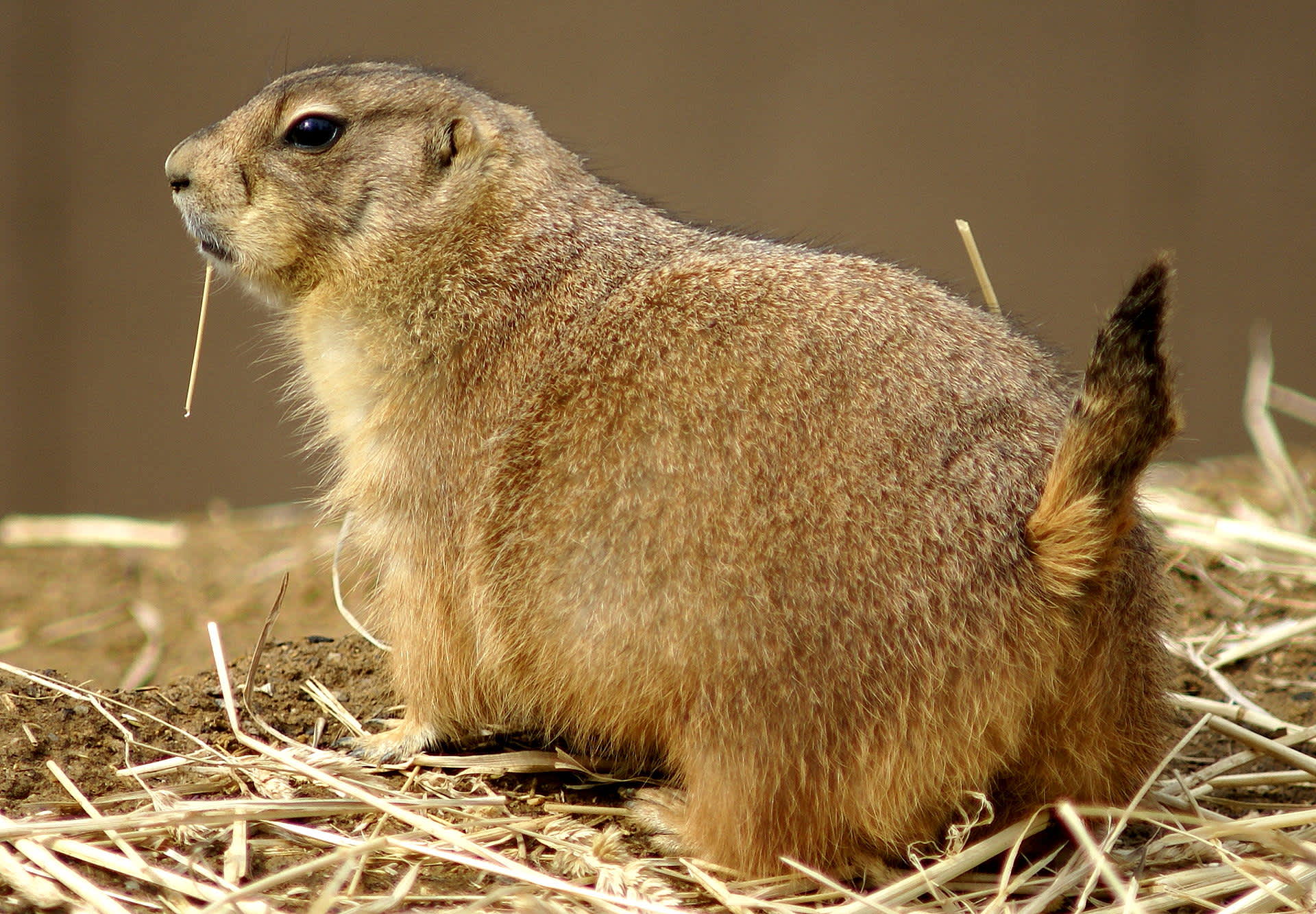Colorado Health Officials Warn of Plague in Small Game
OutdoorHub Reporters 08.22.14

Boulder County health officials have announced that fleas from a dead prairie dog tested positive for bubonic plague earlier this month. The animal was found in the city of Boulder after residents noticed its carcass on their property. According to a press release, health officials have already set warning signs in the area where the animal was found, as well as nearby parks and open spaces. Residents are warned to avoid wildlife such as squirrels, prairie dogs, and other small rodents that may carry the plague. Domestic pets are the most at risk for contracting the disease, and experts also advise buying new flea collars or flea powders to keep pets healthy.
“Because plague is most commonly transmitted by fleas, taking steps to avoid flea exposures will help prevent the spread of the disease,” said Lane Drager, Boulder County Public Health Consumer Protection Program coordinator.
It is rare, but not unheard of for pets to transmit the disease to their owners. Three people in Colorado have already contracted pneumonic plague after coming into contact with an infected dog. Pneumoinc plague is similar to bubonic plague, except it is considered even more rare and virulent. It is also highly transmissible from human to human. Fox News reports that the recent cases were the first time plague has been transmitted to a human since 2004.
Plague occurs naturally in Colorado, which only recorded 12 cases of human infections over the past decade. The disease is spread by fleas and can carry symptoms such as fever, fatigue, and severe swelling. Due to its rarity, it is often not seen as a high concern, but experts say that any suspected case of infection must be treated as quickly as possible. Plague has a high fatality rate if antibiotics are not administered quickly after infection.
Boulder County health officials also released the following tips for preventing plague contraction:
- AVOID FLEAS! Protect pets with flea powder, drops, or a new flea collar. Keep pets on a leash and out of wild rodent habitats.
- STAY OUT of areas that wild rodents inhabit. If you enter areas with wild rodents, wear insect repellent and tuck pants cuffs into socks to prevent flea bites.
- AVOID all contact with wild rodents, including squirrels; do not feed or handle them.
- DO NOT TOUCH sick or dead animals.
- PREVENT rodent infestations around your house. Clear plants and materials away from outside walls, reduce access to food items, and set rodent traps.
- TREAT known rodent sites around your home with flea powder or a suitable insecticide.

